Summaries of books about Economics:
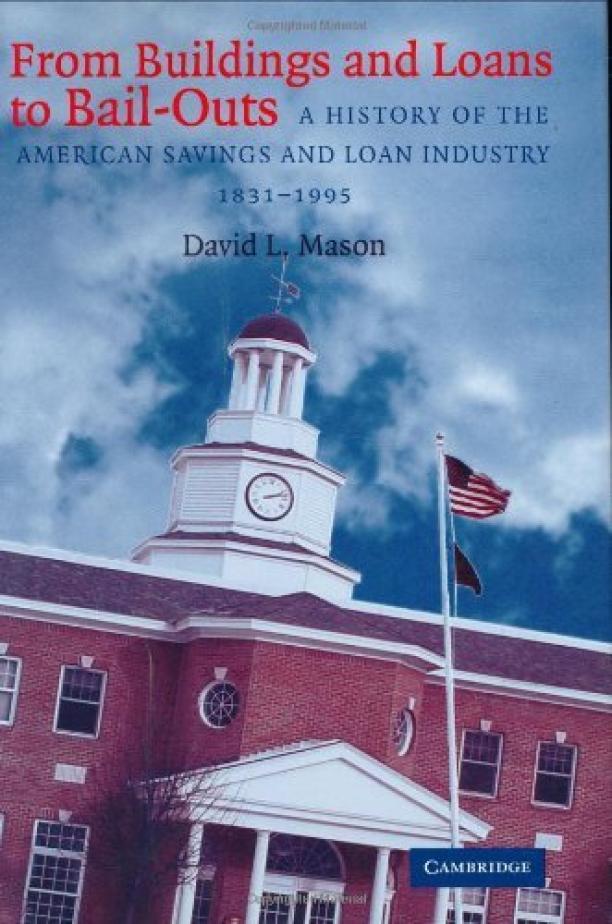
From Buildings and Loans to Bail-Outs
A History of the American Savings and Loan Industry, 1831–1995
David L. Mason
The book chronicles the evolution of the U.S. savings and loan industry over a span of more than 160 years, detailing its growth, the regulatory changes, and the challenges it faced, including the savings and loan crisis of the 1980s. It provides an in-depth analysis of the industry's impact on American finance, housing, and the broader economy, as well as the governmental responses to its failures.
See full summary
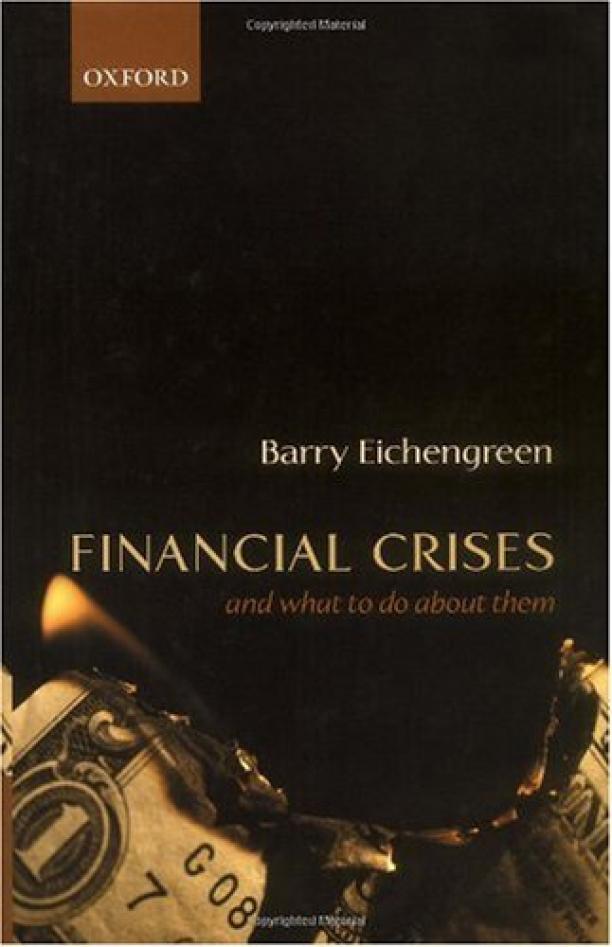
Financial Crises and What to Do About Them
Barry Eichengreen
The book analyzes the international monetary system and the frequent crises that have occurred, examining their causes and consequences. It also proposes reforms for the prevention and management of future financial crises, emphasizing the role of international financial institutions and the challenges of policy coordination.
See full summary
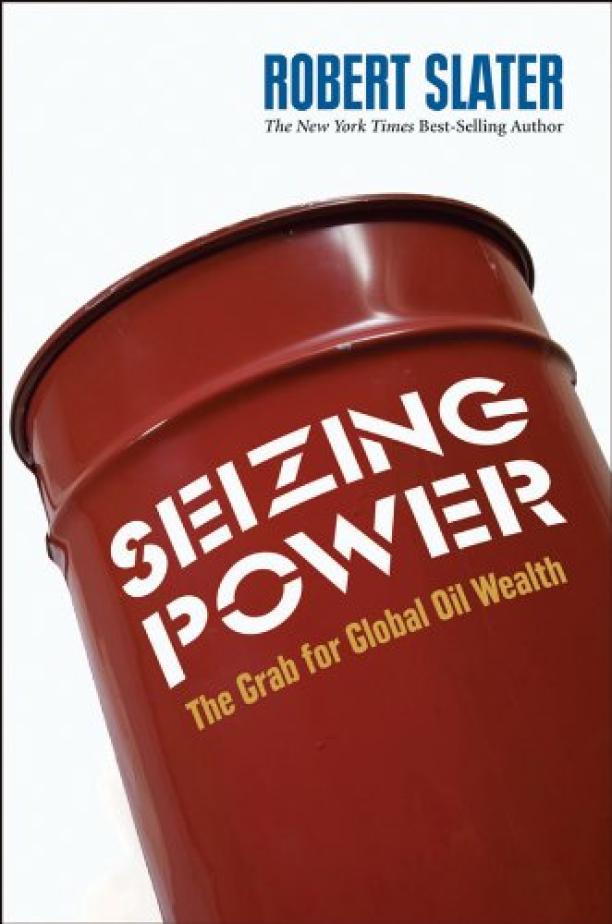
Seizing Power
The Grab for Global Oil Wealth
Robert Slater
The book examines the global competition for oil, highlighting how countries and companies vie for control over the world's oil reserves. It delves into the political, economic, and social implications of this struggle, exploring the impact on global wealth and power dynamics.
See full summary
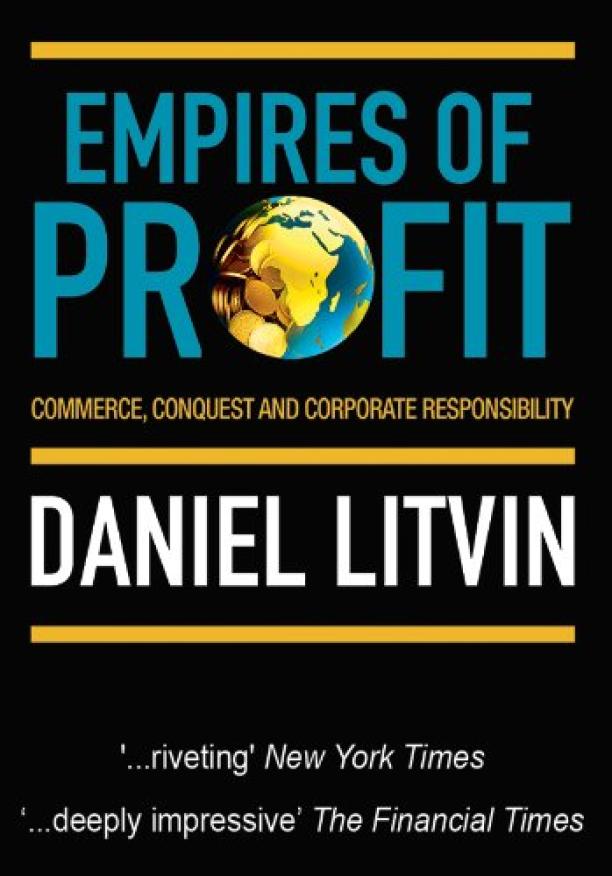
Empires of Profit
Commerce, Conquest and Corporate Responsibility
Daniel Litvin
The book examines the historical relationship between multinational corporations and the often-destructive impact they have had on local communities and environments in their pursuit of profits. It delves into case studies across different industries and eras, exploring the ethical challenges and the evolving concept of corporate responsibility.
See full summary
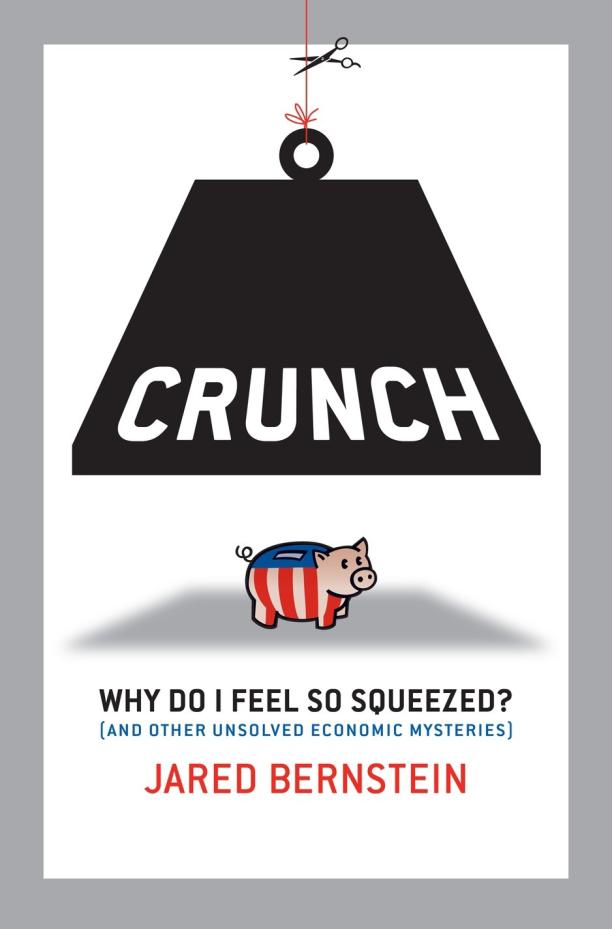
Crunch
Why Do I Feel So Squeezed?
Jared Bernstein
The book explores the challenges faced by the middle class and working families who struggle with economic pressures despite overall economic growth. It delves into the disconnect between rising productivity and stagnant wages, addressing policy failures and market dynamics that contribute to the financial squeeze on average citizens.
See full summary

The Bankers' New Clothes
What's Wrong with Banking and What to Do about It - Updated Edition
Anat Admati|Martin Hellwig
The book critically examines the banking industry, highlighting the systemic risks and lack of accountability that pervade the sector. It proposes reforms to increase equity financing, reduce excessive borrowing, and enforce stronger regulations to ensure financial stability and protect the economy.
See full summary
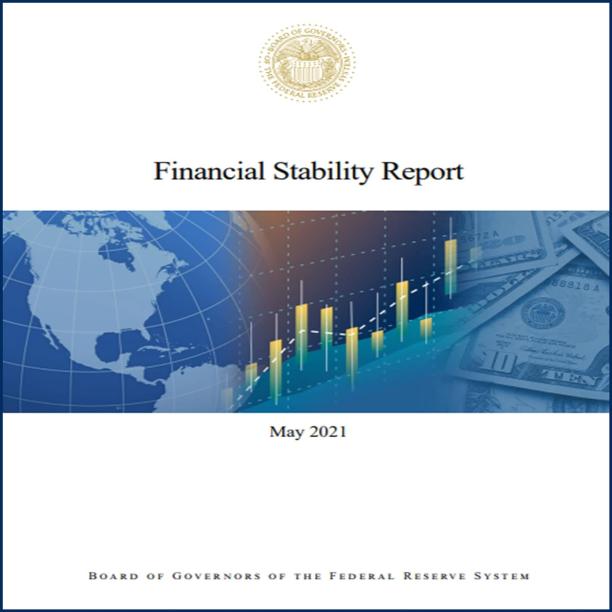
Financial Stability Report
May 2021
Board of Governors of the Federal Reserve System
The report provides an assessment of the resilience of the U.S. financial system, examining vulnerabilities related to asset valuations, borrowing by businesses and households, leverage within the financial sector, and funding risks. It also discusses the financial system's performance during the COVID-19 pandemic, the impact of policy measures on stability, and potential risks to the financial system's outlook, including those arising from global developments.
See full summary
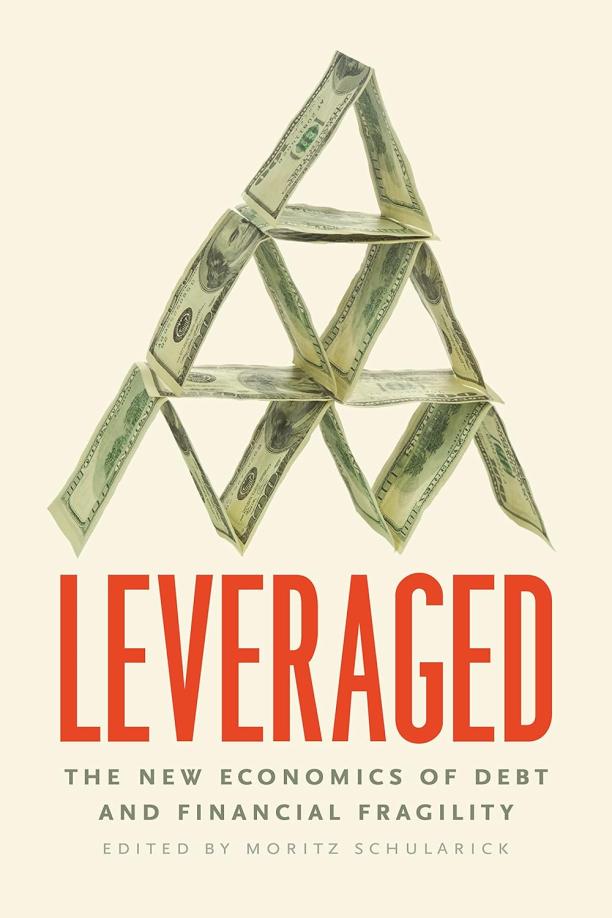
Leveraged
The New Economics of Debt and Financial Fragility
Moritz Schularick
The book examines the role of debt in modern economies, exploring how leverage has become a critical factor in financial stability and economic performance. It delves into the historical context, the mechanisms of financial fragility, and the implications of high debt levels for both financial crises and long-term growth.
See full summary